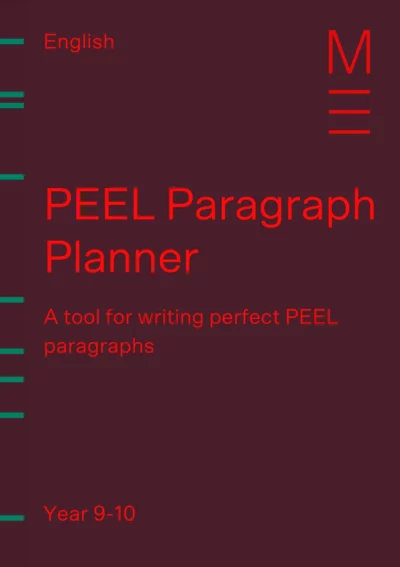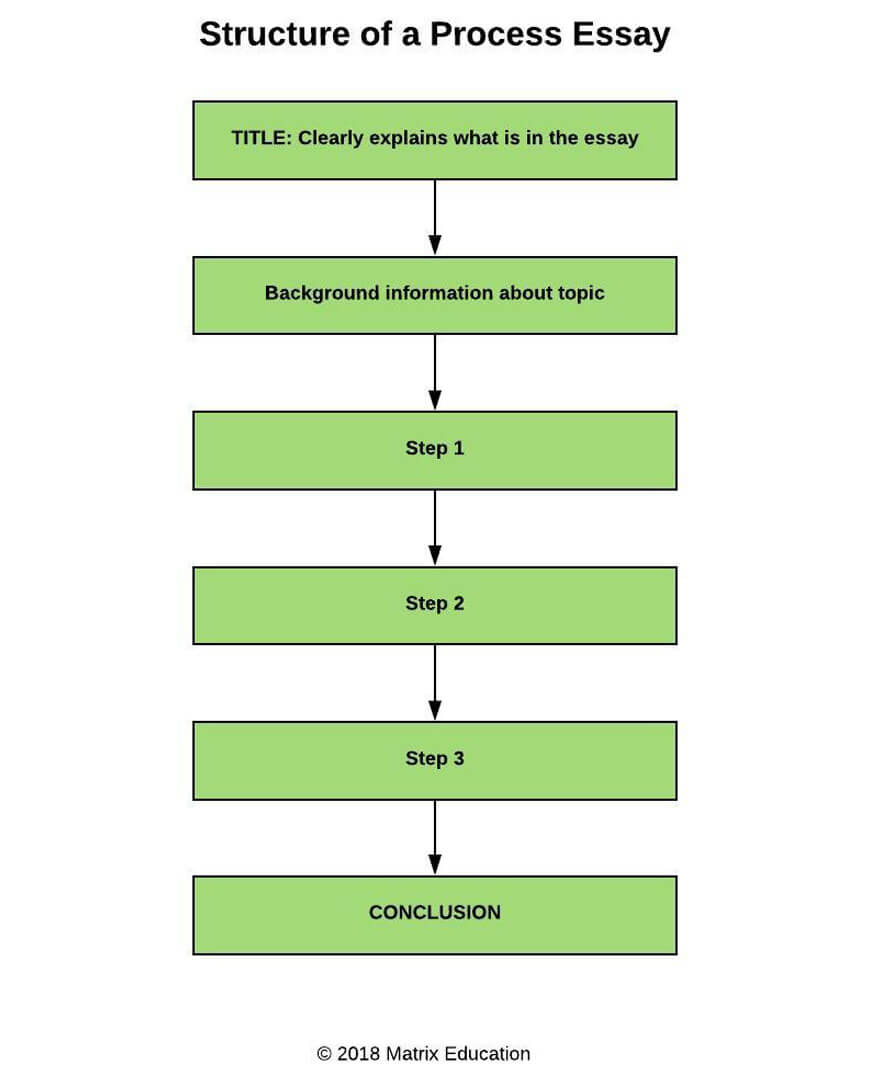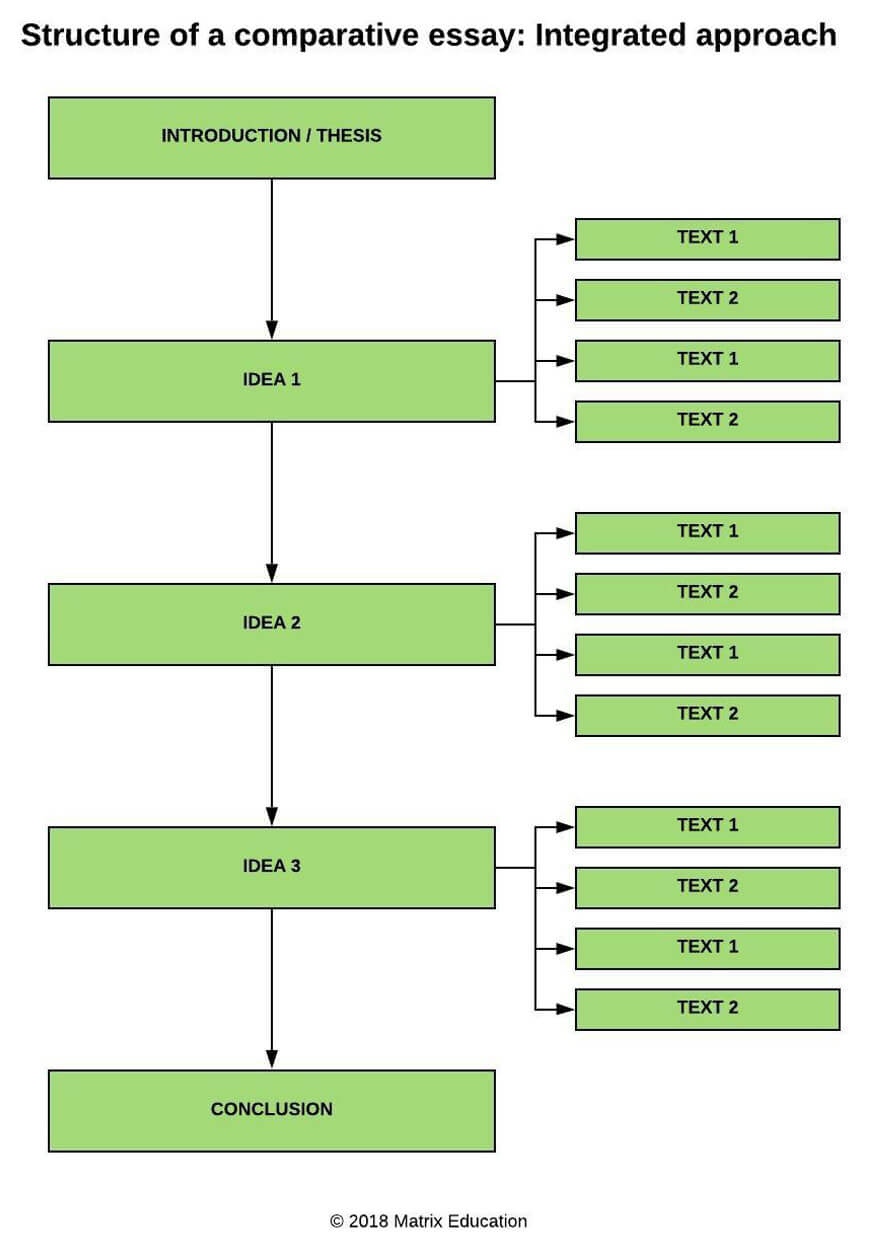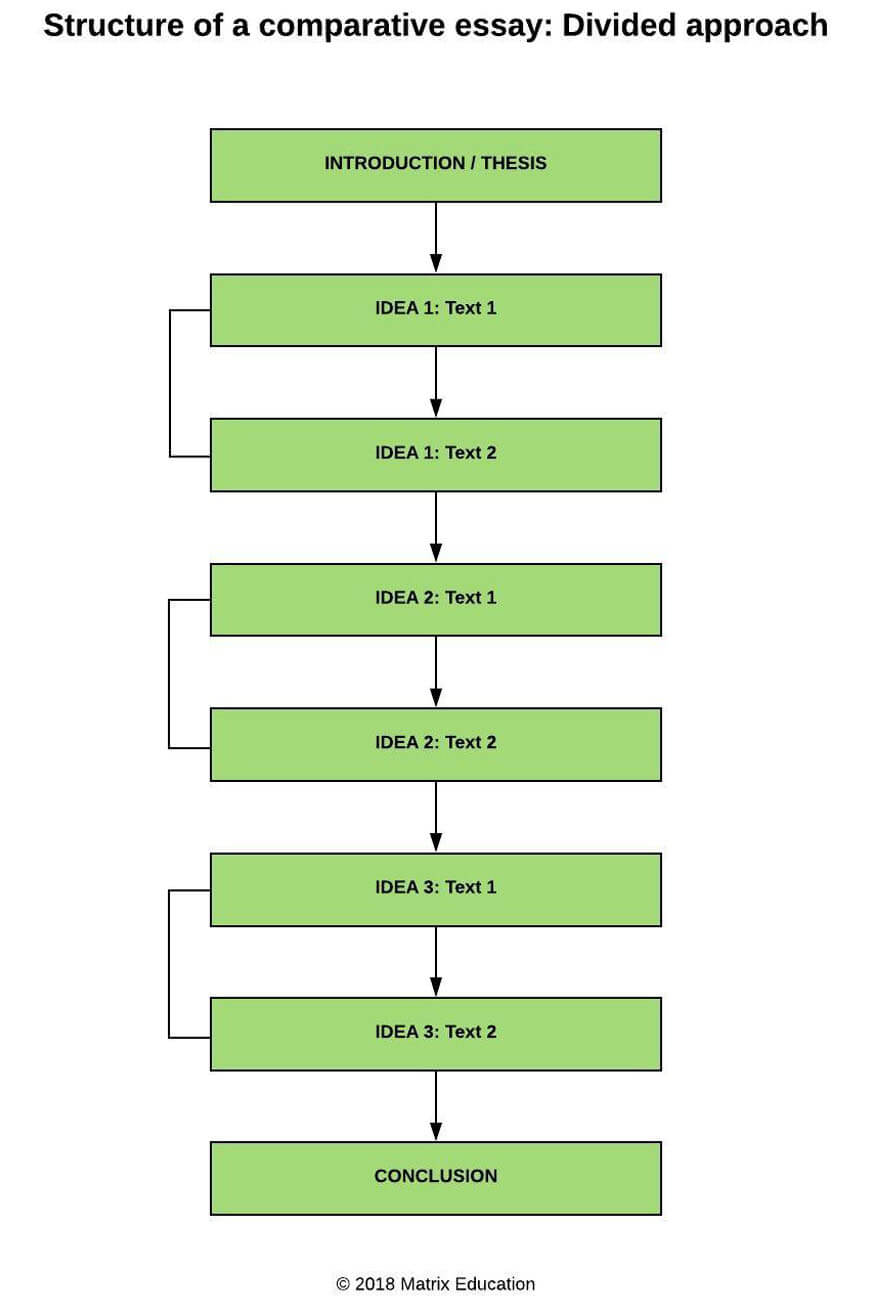Welcome to Matrix Education
To ensure we are showing you the most relevant content, please select your location below.
Select a year to see courses
Learn online or on-campus during the term or school holidays
Learn online or on-campus during the term or school holidays
Learn online or on-campus during the term or school holidays
Learn online or on-campus during the term or school holidays
Learn online or on-campus during the term or school holidays
Learn online or on-campus during the term or school holidays
Learn online or on-campus during the term or school holidays
Get HSC Trial exam ready in just a week
Get HSC exam ready in just a week
Select a year to see available courses
Science guides to help you get ahead
Science guides to help you get ahead

Guide Chapters
In Year 10, it is important that you know how to write informative essays. In this article, we will explore what informative essays are, how to plan them, which structures you should use and different ways to approach them.

Learn to write detailed and insightful paragraphs and score better marks!

Fill out your details below to get this resource emailed to you.
"*" indicates required fields
An informative essay is a non-fiction piece of writing. It teaches the audience about a particular subject and is usually based on factual information and research.
You might think that informative and persuasive essays are similar. However, that is not true.
Informative writing aims to provide information for audiences by using facts and research.
Persuasive writing aims to convince the audience to agree with the arguments stated.
Notice how they have different purposes.
Different goals will ultimately influence how you structure your essays, what you write about and the language used.
These are some of the differences between informative and persuasive essays.
In our HOW TO WRITE PERSUASIVE ESSAYS article, we went through what persuasive essays are, what markers are looking for and how to plan and write persuasive essays.
Now that you know what persuasive essays consist of, read on for informative essays.
We will go in further detail about content, structure and different approaches you can take to write informative essays.
Too often, students skip out on the planning stage because they think that it’s a waste of time.
However, it is crucial that you don’t skip out on this step.
Planning allows you to properly think about your topic, find relevant information and structure your informative essays.
In reality, planning will ultimately save you time when you write!
Think about it. You don’t need to stop halfway in your essay and research for more evidence. You don’t need to stop and think about your next argument.
Your writing process will be smooth flowing when you plan.
Remember, informative essays aim to provide information about a specific topic for the audience.
This means that you need reliable, accurate and relevant evidence and examples to produce a good piece of informative writing.
Obviously, these facts won’t be handed to you on a silver platter. You need to go out and hunt them down yourself.
So, how do we do this?
1. Be comfortable with using a variety of sources
It is important that you are comfortable with extracting information from different sources.
Why?
Well, different sources contain different types of information because they all have different goals.
So, being comfortable with a variety of sources will make your research process much easier. You will know exactly where to look if you want a certain type of example.
For example, you can’t find statistical data in a narrative, because a narrative’s purpose is to entertain not inform. Instead, you should look at research articles to find statistics.
So, take this chance to get comfortable with using websites, journals, articles, books, documentaries, film, plays etc.
Know what type of information you can find in each of them.
2. Know your topic/subject
You need to read your notification and understand the question.
Take this chance to brainstorm possible topics or subjects that answers the question.
Jot down everything you know about these topics and then decide which is best to write about.
Improve your English marks this school term!
Deepen your analysis. Gain insights. Write confidently. Make it happen with our On Campus Course.
3. Find general information
In this step, you are trying to develop a better understanding of your topic before you write informative essays.
To do this, type your topic in Google or Google Scholar. Read different source types and see what type of information is available in them.
You should try to get a general understanding of your topic and identify more difficult areas that need more research.
4. Plan your ideas
Now that you have a general understanding of your topic, you need to plan your ideas.
To decide which ideas you want to discuss in your informative essay, ask yourself these questions:
You should settle with approximately 3 ideas to write about. These will form your body paragraphs.
We will go in further detail about the structure of informative essays later in the article.
5. Find detailed evidence/examples
After you decide on 3 main ideas, you have to find specific evidence and examples that support them.
The information you find in this step will become your evidence/examples in your informative essays. Don’t be lazy, make sure you do this step properly!
Here is a list of different types of evidence/examples you can use when you write informative essays:
6. Assess your evidence/examples
Too often, students settle with the first set of evidence they find. This is not a good habit because your informative essays will lose credibility.
Ensure that you are always assessing the accuracy, reliability and relevance of your evidence when you write informative essays. This will ensure that you produce a strong piece of writing.
To do this, you have to:
7. Collate your findings
Remember, there is no point researching if you are not TAKING NOTES!
Click HERE to see How to Take and Write English Notes in Year 10.
Put all of your findings into tables or dot points so you can refer to them when you write informative essays.
At the end of your research, you should have a long list of evidence.
Obviously, you won’t use all of them when you write informative essays. But it is better to have more than less!
You don’t want to stop writing halfway because you don’t have enough evidence/examples.
Having an abundant list of evidence and examples will help you maintain your writing flow!
In High School, you will come across different types of informative essays like process essays and comparative essays.
This means that you need to be comfortable with knowing how to structure them.
Let’s see how we can do this.
Process articles – also known as ‘How To’ articles – are pretty self-explanatory. Basically, they show audiences how to do something by providing a clear step-by-step method.
This is the structure for process essays:

We will now look at each stage in detail:
Make your title very clear and direct. Your readers should know exactly what they are looking for in your essays.
This provides context about your topic. Take this chance to introduce your topic/issue to the audience and explain any possible confusing areas.
The background information is supposed to be the bridge your reader’s knowledge and your content.
When you write informative essays using the process structure, your body paragraphs become steps. Use as many steps as you need to explain your topic.
Remember, each step should inform audiences of the series of actions they should take. They should logically progress from each other.
But be careful! Steps are not dot points!
You still need to explain everything clearly and have detail.
Sum everything up! This is where you remind your audience of your topic and purpose.
In Year 10, you will be asked to write informative essays that analyse 2 different texts. These are known as comparative essays.
When you write comparative essays, you can either have a divided structure or an integrated structure.
However, before we go into the details about these structures, click HERE if you need a refresh on How to Analyse Texts in Year 10.
Integrated approach
When you write informative essays using an integrated approach, you will analyse your texts in an alternating manner.
See the flow chart below to get a better understanding.

So, how exactly do we do this?
When you write integrated essays, you are doing a side-by-side comparison between parallel scenes, or similar concepts/points.
For example, “In Shakespeare’s Looking for Richard, the allusion to the Levitical Doctrine in the opening soliloquy, “Cheated of feature by dissembling nature” characterises Richard as a purely evil person. However, Pacino changes this perception with the close-up shot of Richard’s pained facial expression in the parallel scene. This highlight his psychologically complex nature which makes him more human than Shakespeare’s Richard.”
Integrated approaches usually do a better job at comparing the two texts. This is because it is easier to identify similarities and differences between the texts when you do it side by side.
Also, these essays are usually more tight-knit and easy to follow than divided approaches.
Divided approach
Unlike the integrated approach, the divided approach examines the texts in blocks.
However, you still need to MAKE LINKS between the two texts!
Just because it isn’t a side-by-side comparison, doesn’t mean you neglect linking the texts.
When you choose this approach, you have to continually make references to the previous paragraphs to make it a comparative essay.
Let’s take a look:

When you write informative essays using a divided approach, you can write 2 paragraphs per idea, or 1 long paragraph.
It is still a divided approach because your texts are examined separately.
But remember, no one wants to read a paragraph that extends over 3 pages!
So keep them short.
Also, do you notice the link between the 2 texts in the flow chart?
This is a visual reminder for you to COMPARE YOUR ANALYSIS.
It is very easy to forget this step because you are writing them in 2 separate blocks.
So, to ensure that you are comparing the two texts, you need to:
You are now aware of the different types of informative essays. Now, let’s look at two different approaches you can take to write them.
You can choose to either think logically or critically. Your decision will depend on the type of essay you want to write.
Let’s go into each of them in more detail.
Thinking logically is basically, reasoning to come up with an answer. In other words, you are linking different elements to make a cause-and-effect relationship.
Think “How to articles”.
Each step leads into the next one. This makes the whole essay progress in a very logical manner.
Why do we need to think logically?
Logical thinking has many benefits, both in school and in life. Let’s see what they are.
You can:
So, how do we think logically?
It is important that you are continually sharpening your logical thinking skills to write great informative essays.
Don’t worry, you can do this with practice over time.
You need to:
Critical thinking is when you evaluate information and make a judgement. In other words, you are trying to find the ‘truth’.
When you write informative essays that analyse texts, you need to think critically.
But why do we need to think critically?
Critical thinking is crucial in English and in life. You can:
How do we improve our critical thinking skills?
When you are selecting your evidence, ask yourself:
You can also use critical thinking skills to evaluate your informative essays.
Ask yourself:
This sums up all the skills you need to know to write great informative essays.
© Matrix Education and www.matrix.edu.au, 2025. Unauthorised use and/or duplication of this material without express and written permission from this site’s author and/or owner is strictly prohibited. Excerpts and links may be used, provided that full and clear credit is given to Matrix Education and www.matrix.edu.au with appropriate and specific direction to the original content.